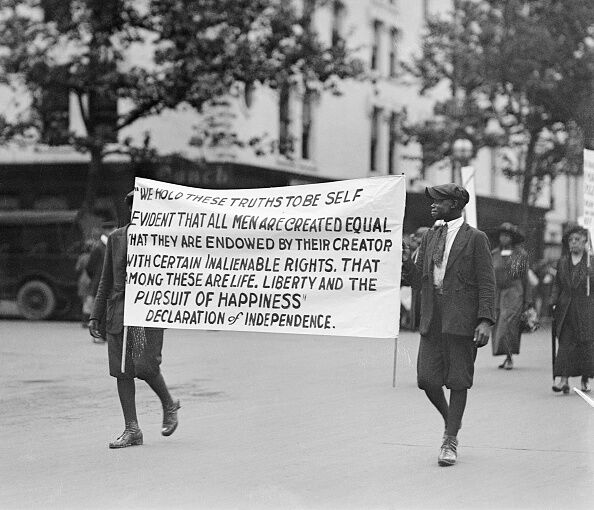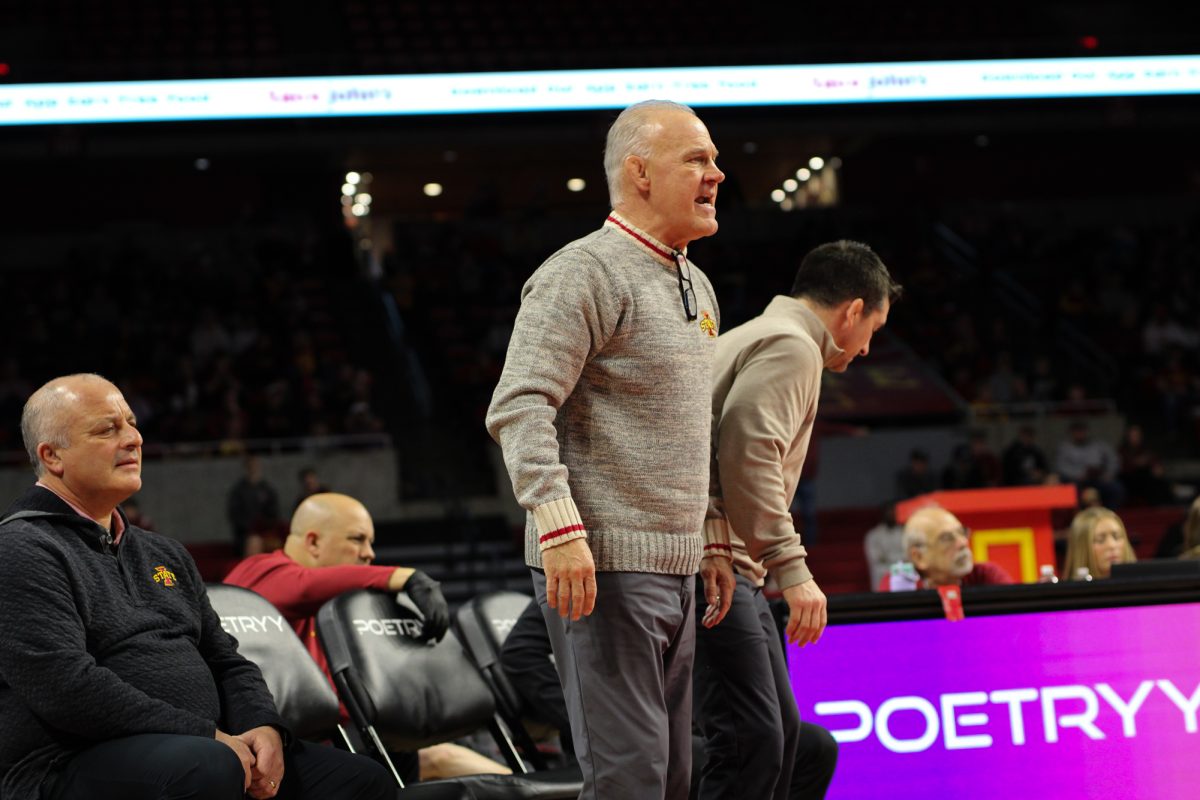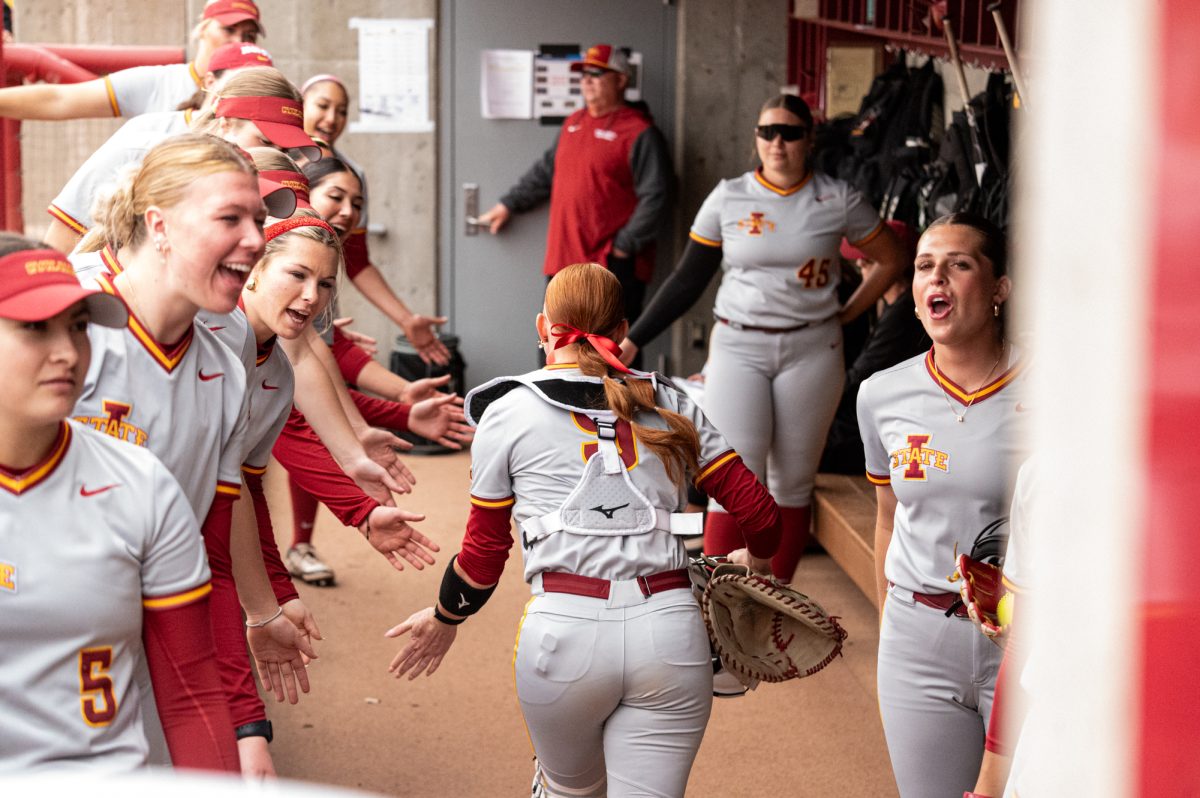Suza: Strength in numbers is to care for the few
June 4, 2020
Editor’s Note: This is the ninth of a collective series conducted by Walter Suza.
In the midst of a pandemic that has disproportionately affected people of color and claimed more than 125,000 lives, our nation is also witnessing widespread protest to end injustice — to end centuries-old oppression of Black and Brown people.
Watching legions of diverse protesters marching for racial justice across the country brought to mind an experience I had during a walk around Ada Hayden Heritage Park Lake in the winter.
During the walk, I witnessed something that gave me hope that more people from diverse backgrounds and ethnicities would come together to fight racism in the United States.
I saw a flock of geese congregating in the middle of the lake in the only open water since the edges were frozen. The geese had brown backs with black heads and necks, and due to the sheer number of birds, the flock looked like a dark shadow hovering over the water.
I was surprised to see a white bird in the center of the dark flock. The black geese did not appear to be bothered by the white bird at all. They swam around the white bird as if it were one of their own. I learned from other people at the lake the white bird was a trumpeter swan.
I feared the geese would drive the swan from the lake. I stood there waiting, but that never happened. The geese displayed a great awareness for inclusive sharing of the small space in frigid waters. It was almost as if the behavior of the geese communicated to the swan, “This lake is our lake, together.”
On these walks, I am often the only Black person among many white people. The realization of my minority status emphasizes the stress from the reality the Midwest is less welcoming for Black people.
Walking by those who look different from me makes me wonder if they are aware of our shared similarity at the genetic level.
Or if they are aware of the words in our nation’s Declaration of Independence: “We hold these truths to be self-evident, that all men are created equal, that they are endowed by their Creator with certain unalienable Rights, that among these are Life, Liberty and the pursuit of Happiness.”
There are five times more white people than Black people in the United States, making it essential to design and enforce laws that respect and protect the few in society.
But Black and Brown people are not cared for well in the United States.
In the documentary “I Am Not Your Negro,” James Baldwin paints a grim picture for the United States with the aphorism: “The story of the Negro in America is the story of America. It’s not a pretty story.”
This makes me wonder: Is this the best we can do as a nation “under God?”
The story will not be pretty unless we come together to address social and economic concerns facing Black and Brown communities.
For instance:
-
Poverty is highest in Native American, Black and Hispanic communities compared to white communities.
-
Stark disparity in the education system continues to leave Black and Brown children behind.
-
Access to health care is also limited for African Americans and people of Hispanic origin compared to white people.
-
Black homeownership levels continue to plummet in spite of the 1968 Fair Housing Act.
-
And compared to white communities, Black communities experience more gun-related homicides.
These disparities are largely products of systemic racism and prevent Black and Brown people from accessing their unalienable rights.
In his book entitled “The Hidden Wound,” Wendell Berry argues: “Racism has caused pain for black people and spiritual disfigurement for white people.” He refers to the collective suffering as the hidden wound.
Berry proposes truth and reconciliation to heal the hidden wound.
But:
-
Will our white brothers and sisters be willing to admit systemic racism has marginalized the few?
-
Will our white brothers and sisters be willing to say “we are sorry” for the injustices toward Native Americans and enslaved Africans?
-
Will our white brothers and sisters be willing to say “enough is enough” and join hands with Black and Brown people to dismantle racism?
-
Will the United States be willing to make reparations to descendants of enslaved Africans?
As with the ending of Apartheid in South Africa, truth and reconciliation will be hard work. We will need to search within ourselves for strength — for faith, hope, love and honesty.
Our nation must become convinced that “loving our neighbor as we love ourselves” is the best way to heal the hidden wound.
The behavior by the geese emphasized to me that strength in numbers does not have to translate to aggression, oppression and violence.
The geese renewed my hope that love can break down racial barriers that prevent Black and Brown people from accessing their unalienable rights.







